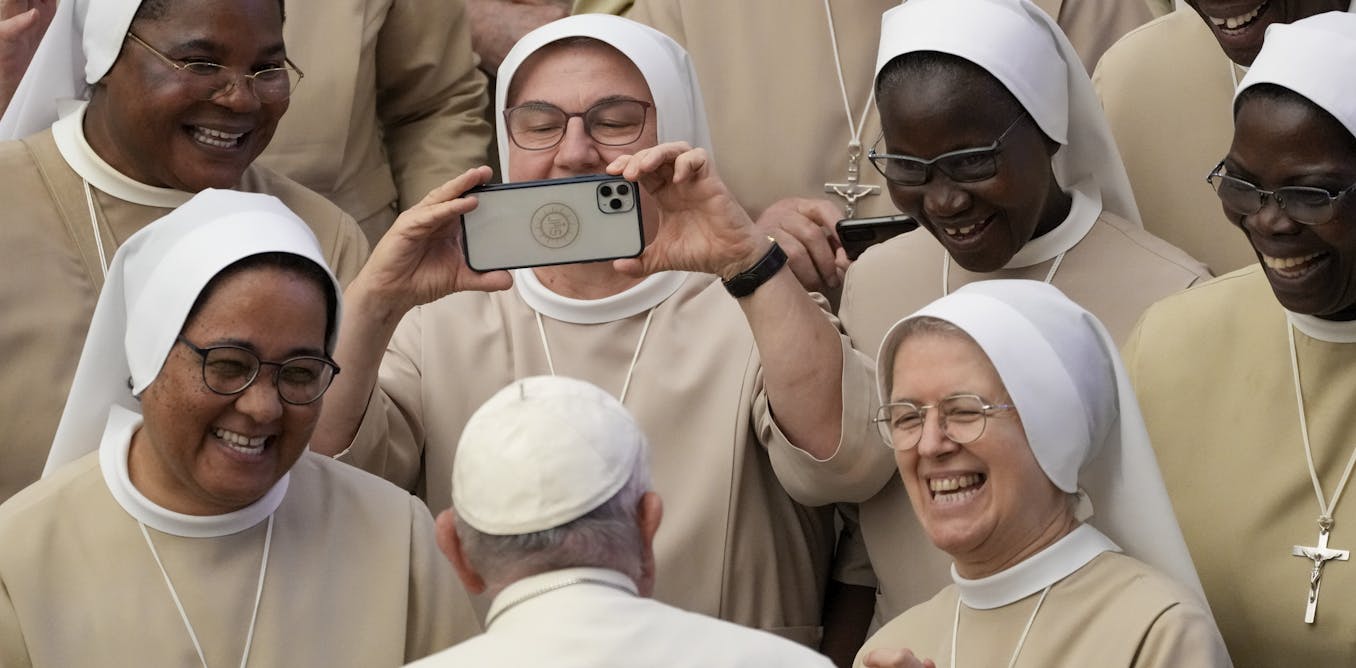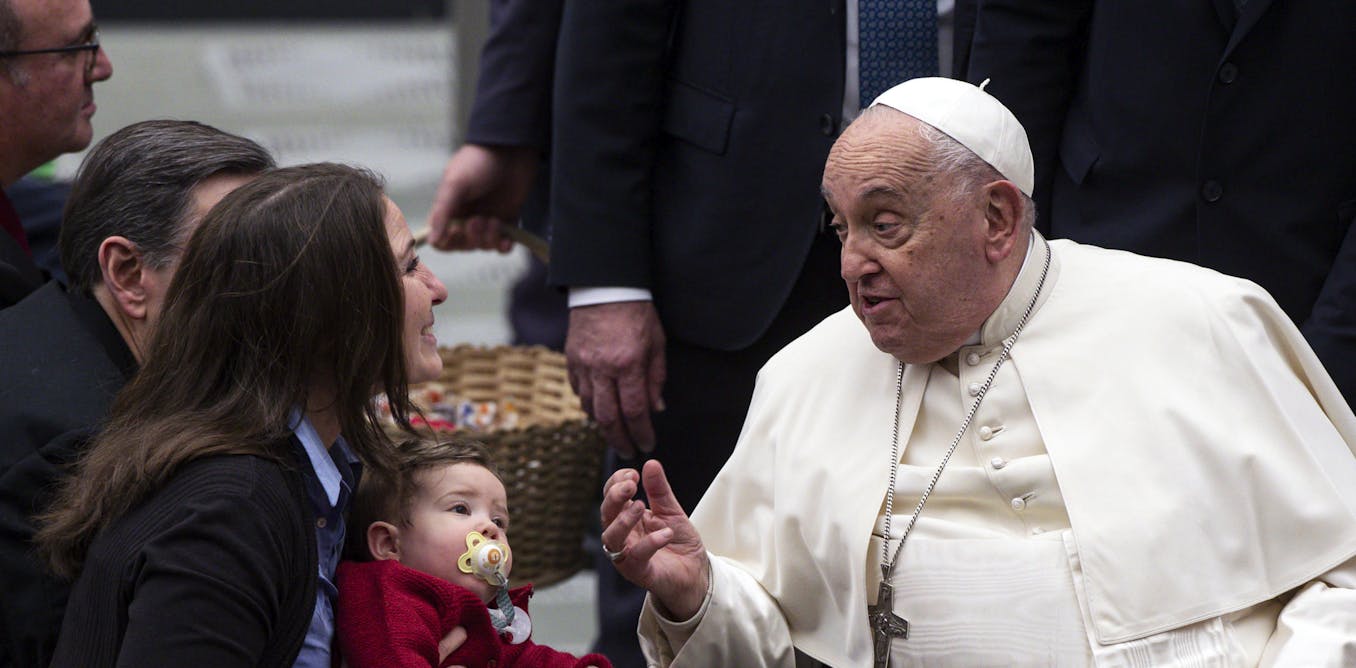Now Reading: Pope Francis tried to change the Catholic Church for women, with mixed success
-
01
Pope Francis tried to change the Catholic Church for women, with mixed success
Pope Francis tried to change the Catholic Church for women, with mixed success

The head of the Catholic Church, Pope Francis, passed away at the age of 88 on Easter Monday. On Easter Sunday, he used his message to call for peace in the Middle East and Ukraine. Pope Francis will be remembered for his care for the environment and those affected by migration, poverty, and conflict. He made changes to the Catholic Church’s structure during his time as Pontiff, but some question if he went far enough.
Throughout his papacy, Pope Francis advocated for women’s rights in society and the church. He took steps to empower women and challenge the church’s patriarchal system. Notably, he included women in the 2024 synod and granted voting rights to 57 women out of 368 attendees. He appointed around 20 women to positions of authority in the Vatican, including the recent appointment of Sister Simona Brambilla to lead a Vatican department.
While Pope Francis made progress in promoting women’s involvement in church leadership, challenges remain. He acknowledged that women still face obstacles and under-utilized opportunities in local churches. In his autobiography, he emphasized the need to include women in central roles at all levels of church life to address issues like clericalism.
Despite some advancements, full equality for women in the Catholic Church is still lacking. Decision-making and ministry predominantly remain with clerical men. Pope Francis’ focus on the “feminine nature” women bring to roles, rather than their talents, has limited women’s contributions. He also expressed opposition to contemporary feminism and resisted calls for a greater role for women in ministry.
The papacy of Pope Francis did not bring significant reforms in areas like women’s ordination and leadership. Many Catholic women express frustration over the church’s stance on women’s rights and roles. While progress has been made, there is a call for genuine reform to empower women within the church.






